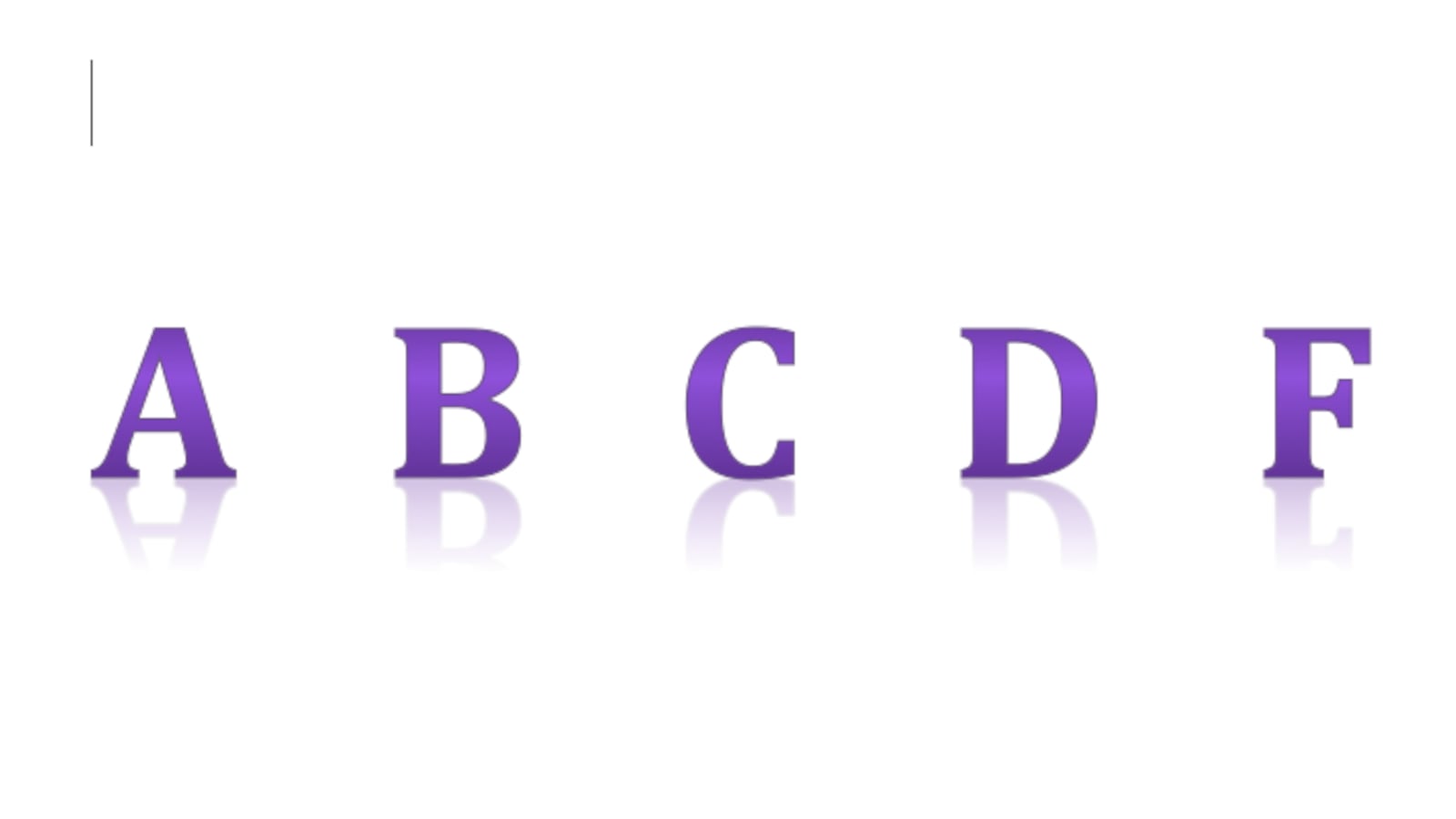Tennessee schools would earn grades similar to the A-F grading system their students now receive under legislation that has passed the state House.
The measure, approved 73-14 with one abstention on Thursday, is expected to head soon to the governor’s desk. The Senate unanimously approved the legislation last year, but now must consider a House amendment directing that the grading scale by developed by the State Department of Education rather than the State Board of Education.
If the bill becomes law, the grading system would be implemented before the start of the 2017-18 academic year and would be incorporated into the state report card.
For supporters, the bill is a common-sense aid to parents trying to navigate an increasingly complex school choice system. Letter grades are easy for parents to understand when trying to determine how their child’s school is performing, or where they should send their child to a school.
But critics say letter grades lack nuance. Instead of clearly identifying the quality of a school, letter grades could oversimplify their status and circumstances, further stigmatizing schools and communities, especially those with low-income populations.
The grades would be based on a combination of data, including student growth and proficiency rates, along with other reliable criteria developed by the Department of Education under the House version sponsored by Rep. Glen Casada, a Republican from Franklin.
The Every Student Succeeds Act, signed into law last December by President Obama, encourages states to consider a wide array of factors in addition to test scores in their accountability systems.
Reaction to the advancement of Tennessee’s bill varied.
Ginger Spickler, a Shelby County Schools parent and founder of the Memphis School Guide, said the letter grading system could make it easier for parents to understand the differences between schools. However, she hopes parents won’t judge schools on letter grades alone.
“It’s really important for parents to actually get into a school” before deciding if it’s right for their children, she said.
Aaron Fowles, a teacher at Robert R. Church Elementary School in Memphis, said assigning single grades to schools could confuse parents more than help them, especially since the state report card already paints a nuanced picture by focusing on school proficiency and growth.
“By flattening out that metric, you’re going to paint a worse picture of the school,” he said. “All it will do is obfuscate the growth schools make.”
Similar laws have passed in 16 other states, according to the Foundation for Excellence in Education, a Florida-based advocacy group that has championed similar measures across the country. Advocacy group StudentsFirst TN and think tank The Beacon Center partnered with the foundation to support the bill in Tennessee.
In North Carolina, several school boards and the teachers union have revolted against their school system grading law, which passed there in 2014. They charge that grading has been inconsistent and serves as a strategy to expand the state’s new tuition voucher system by marking more public schools as mediocre to failing. The New York City school system recently scrapped A-F grades for schools altogether in an effort to focus less on standardized test scores.
Sara Heyburn, executive director of the State Board of Education, said the board will thoroughly review the proposed grading scale and work closely with the State Department of Education “to ensure it provides a clear and meaningful picture of school performance.”


